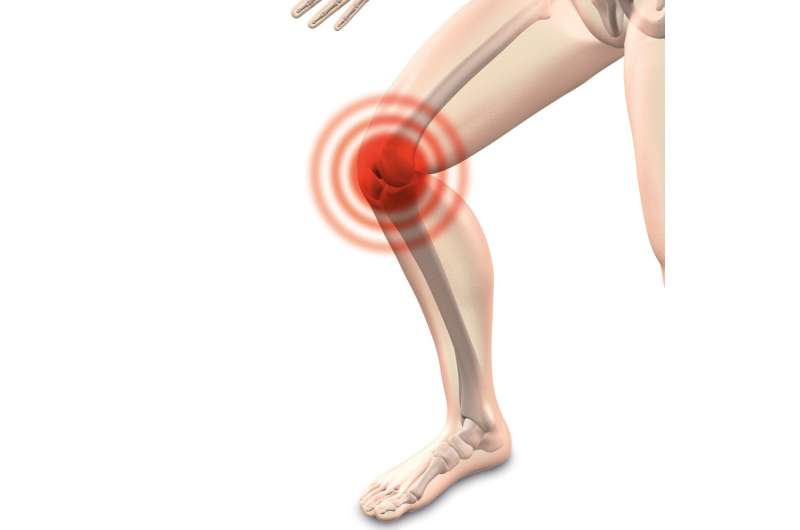
Credit: Pixabay/CC0 Public Domain
A Study Using Artificial Intelligence to Classify Patient Pain Archetypes and Identify Risk for Severe Pain After Knee Replacement Has Earned A Best of Meeting Award at the 50th Annual Meeting of the American Society of Regional Anesthesia and Pain Medicine (Asra). The Honor, Which Recognizes Excellence in Scientific Research, Is Awarded to Three of the Top 10 Highest Scoring Abstracts Chosen by the Asra Research Committee.
“IT IS AN HONOR TO HAVE ONE OF THE TOP Professional Organizations in the Field of Regional Anesthesia and Pain Medicine Highlight The Collaborative Work of Our Department Prevention Research Center,” Said Alexandra Sideris, Ph.D., Director of the Pain Prevention Research Center at HSS. “The Award Reflects Our dedication to Innovations in Patient Care and Underscores The Greater Scientific Community’s Acknowledge of Our Efforts.”
More than one milion people undergo knee replacement surgery each Year in the united states, and those numbers continued to Rise, Dr. Sideris Notes.
“There is a Need to Better Understand Patients’ Individual Pain Trajectories, and One of the Most Exciting Approaches is to Leve Artificial Intelligence. With our Huge Patabase Atabase at HSS, Machine Learning Can Analyze Factors Such Age, Gender, BMI, and Presurgical Pain Levels To Predict Which Patients are at Greater Risk of Severe Pain After Surgery, “She Said.
Armed with this Information, The Care Team Can Tailor Personalized Pain Management Plans To Meet Patients’ Needs.
The HSS Researchers Had Several Goals: Use Machine Learning to Identify Pain Archetypes Following Total Knee Replacement; Determine Important Features for Predicting Pain Outcomes; and Classify Patients at Risk of Severe Pain in the Immiatiate Postoperative Period. The Retrospective Study Included 17,200 Patients Who Had Total Knee Replacements at HSS From April 1, 2021, To Octber 31, 2024.
“Using Unsupervvised Machine Learning, We Identified Two Distinct Pain Archetypes in Patients Who Underwent Total Knee Replacement, Which Corresponded to Those Who Experience Severe, Difficult to Control Pain After Surgery and Those Pain Was Relatively Well Controlled,” Explained Justin Chew, MD, PH.D., A Clinical Fellow at HSS Who present the Study at the Asra Meeting on May 1.
“We then utilized supervised machine learning to determining the show significant predictive factors for severe pai.
Dr. Sideris Notes That Ongoing and Future Studies at HSS Will Continue to Leverage Ai with the Goal of Improving Patting Outcomes. While the Study Focused On The Immiatiate Postoperative Period, She Said AddiThe Studies Will Follow Patients’ Pain Trajectory and Recovery Over Periods of Time to Determine Which Strategies Can Employ Before Surgery, Intraoperative and In The Immediative Postoperative Postoperative Post in high-risk patients.
More information:
Classification and Stratification of Patient Pain Archetypes Following Total Knee Arthroplasty: A Machine Learning Approach (2025)
Citation: AI SUCCESSFULLY IDENTIFIES RISK FACTORS LINKED TO MORE SEVERE PAIN after Knee Replacement (2025, May 2) Retrieved 2 May 2025 From
This document is Subject to Copyright. Apart from Any Fair Dealing for the Purpose of Private Study or Research at Part May Be Reproduced Without The Written Permission. The Content is Provided for Information Purposes Only.




